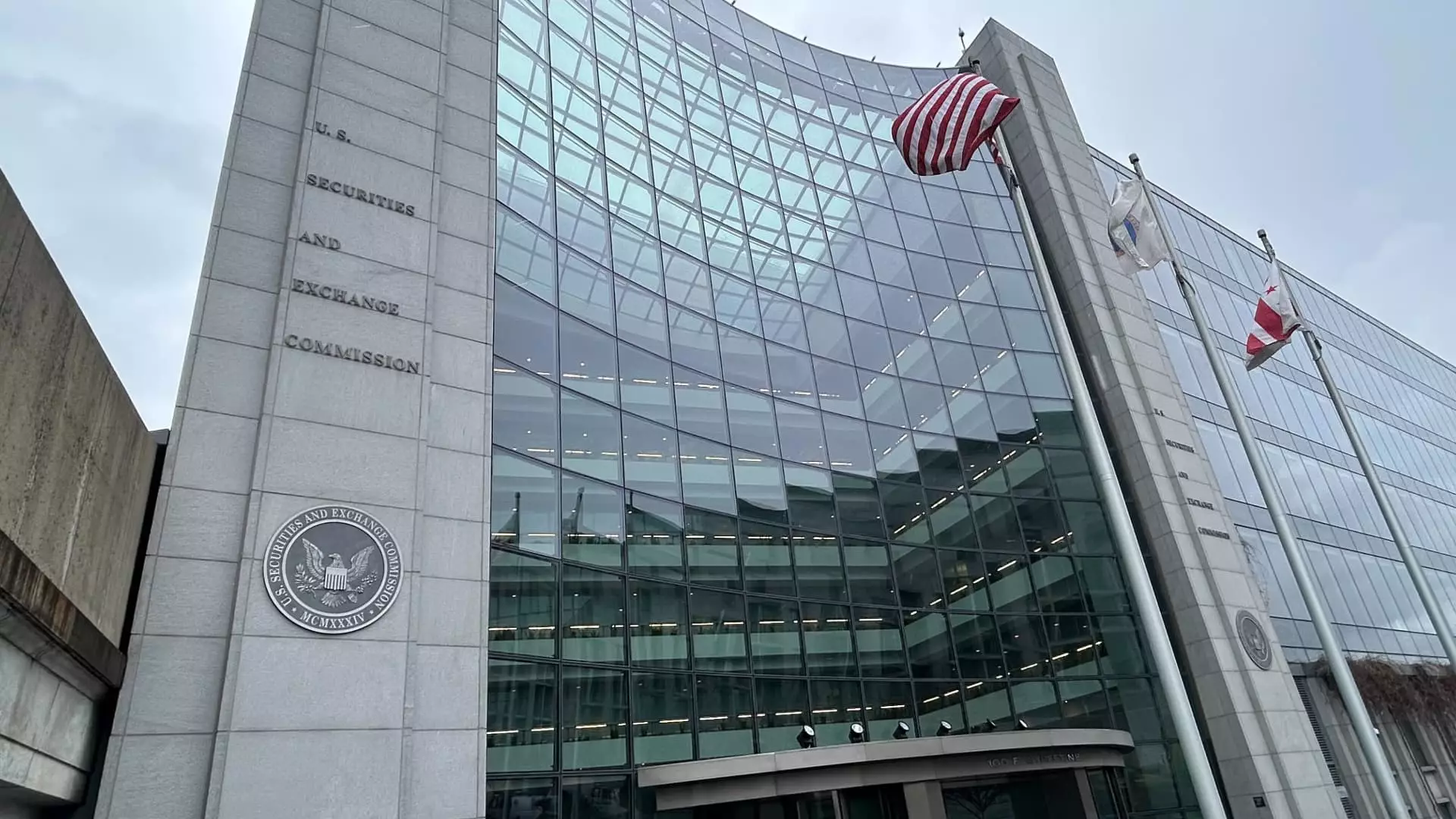The U.S. Securities and Exchange Commission (SEC) is currently experiencing a mass resignation wave that signals serious implications for financial oversight in America. Over 600 employees, including key enforcement lawyers and senior staff, have accepted resignation offers as part of a broader federal workforce reduction initiative championed by President Donald Trump and entrepreneur Elon Musk. This staffing crisis raises grave concerns about the SEC’s capacity to fulfill its crucial mission: safeguarding market integrity and protecting investors.
The manner in which this mass exodus is being executed reflects a troubling trend in how governance is approached under the current administration. Trump’s call to streamline the government is reminiscent of a misconceived corporate approach, aiming for efficiency while undermining essential regulatory frameworks. The SEC, which already grapples with challenges posed by the complex financial environment, now faces a diminished workforce that can only weaken its enforcement capabilities. The voluntary departures represent over 12% of the SEC’s staff, in a context where constant vigilance against market manipulation and fraud has never been more critical.
The Motivations Behind the Exodus
At the crux of this staffing crisis is a strategy that appears to prioritize ideological alignment over operational effectiveness. Trump, along with Musk, has painted the SEC as “bloated and inefficient,” a characterization that not only simplifies the nuanced realities of federal agencies but also neglects the vital contributions that seasoned professionals offer. The lack of substantial input or care for the implications of these departures shows not just poor foresight but a blatant disregard for the institution’s integrity.
Interestingly, this exodus arguably stems from the broader atmosphere of uncertainty fostered by the Trump administration’s erratic policy moves. Employees at the SEC have become increasingly uneasy as they watch the shifting priorities and reorganization efforts under Acting Chairman Mark Uyeda. This trend raises the question: can the SEC maintain its regulatory responsibilities while its ranks are being thinned with such urgency?
The Impending Fallout for Investors
As seasoned professionals leave the SEC, the looming question are the potential ramifications for the average American investor. With fewer eyes on the market, the possibility of fraud and market manipulation drastically increases. The effectiveness of the agency in policing Wall Street becomes increasingly compromised, and it is the everyday investors that bear the brunt of weakened enforcement.
The environment is ripe for bad actors to exploit regulatory lapses, and without a strong agency to maintain market order, the potential for negative ramifications on public trust in financial markets escalates. Instead of fostering an environment of accountability, the current strategy appears to promote an era marked by chaos.
In the end, the SEC’s current trajectory reflects a broader ideological battle being fought in the name of government reform. However, underestimating the value of experienced regulatory professionals could lead to a scenario where the very mechanisms designed to protect investors become ineffective relics of a bygone era. The consequences of this exodus are not just numbers on a balance sheet—they represent a profound risk to the foundational principles of fair and transparent financial markets.


Leave a Reply